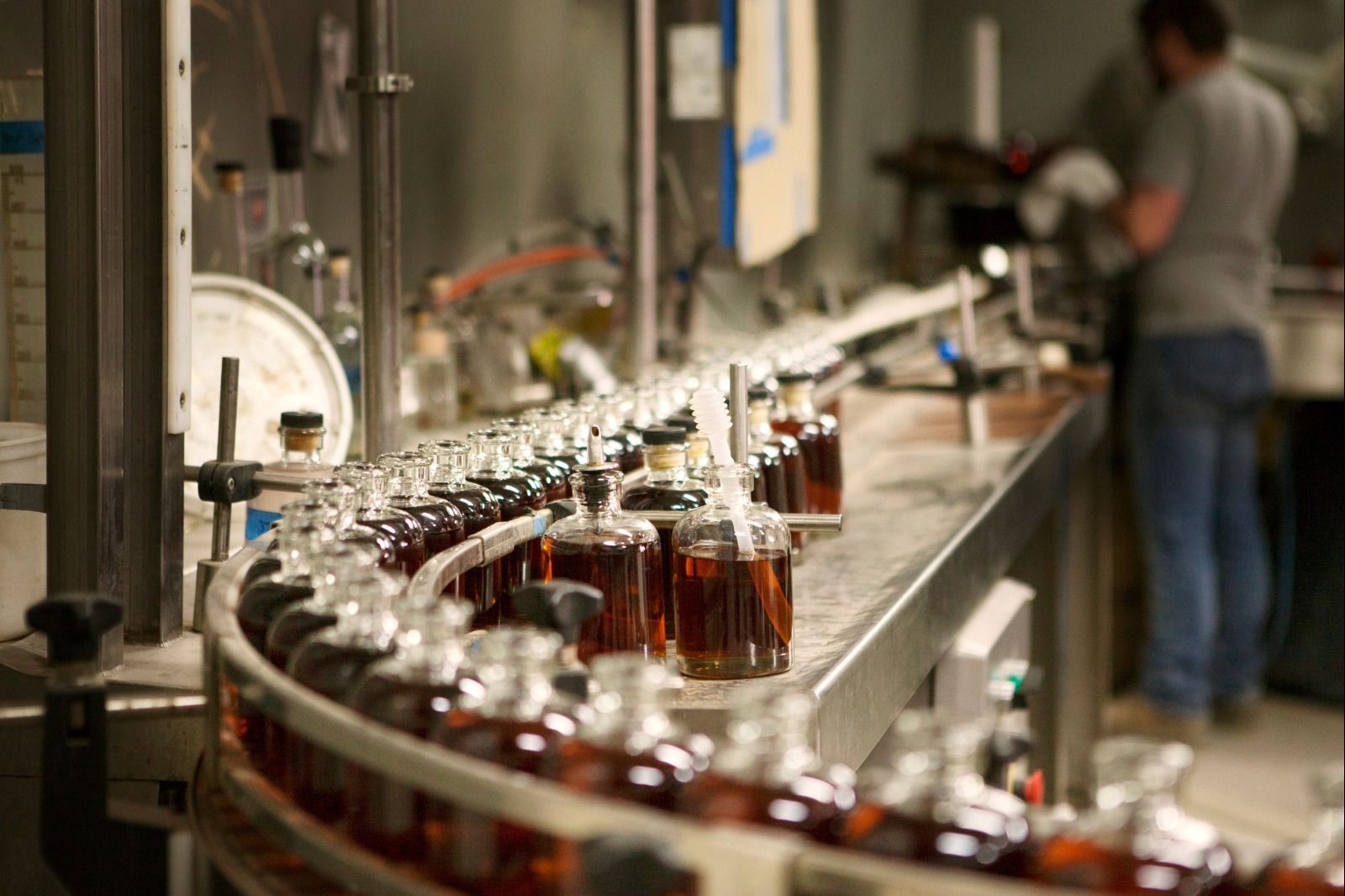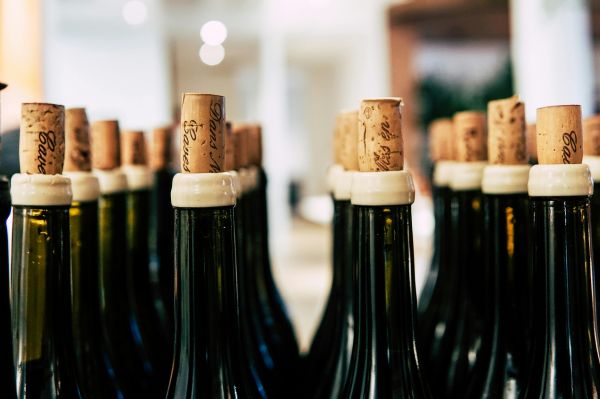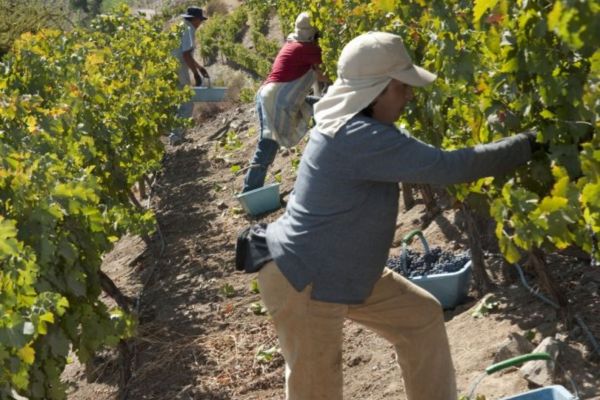
Your Business
Why Eco-Friendly Distilleries are the Future of Retail
25/08/2025 Distilleries are now embracing sustainability, offering retailers a unique opportunity to attract eco-conscious alcohol consumers
With Climate Change and global warming wreaking all kinds of havoc, the modern drinks market is witnessing a shift, driven by a growing wave of consumer awareness and concern regarding environmental issues. This is influencing purchasing decisions, and the spirits sector is no exception. A number of distilleries are stepping up to address these concerns by adopting green distillery practices aimed at reducing the environmental impact of distilling.
Eco-Conscious Practices in Liquor Distilling
Solar and Wind Power
Many distilleries are turning to renewable energy in distilleries to power their operations. By installing solar panels and wind turbines, these facilities decrease their reliance on fossil fuels, reducing their carbon footprint. Some distilleries operate entirely on renewable energy sources, showcasing a commitment to green distillery practices.
Biomass Energy Utilisation
Incorporating biomass energy is another effective strategy. By converting organic waste materials into energy, distilleries can power their operations sustainably. This approach not only reduces waste but also lowers greenhouse gas emissions, contributing to a more sustainable alcohol production process.
Closed-Loop Cooling Systems
Water usage is a big concern in distilling. Implementing closed-loop cooling systems allows distilleries to recycle water within the production process, reducing consumption and minimizing wastewater discharge. Scotch whisky distilleries like Glenmorangie and The Macallan have adopted such systems, exemplifying effective water conservation in distilling.
Rainwater Harvesting
Collecting and using rainwater for non-potable purposes, such as equipment cleaning and irrigation, further decreases the demand for local water supplies. This practice enhances sustainability and demonstrates environmental responsibility.
Repurposing Byproducts
Distilling generates various byproducts, including spent grains and pot ale. Many distilleries repurpose these materials as animal feed or fertilizer, effectively implementing zero-waste distilling practices.
Sustainable Packaging Solutions
Addressing packaging waste is crucial. Some distilleries have introduced lightweight bottles and utilize recycled materials, reducing both material usage and transportation emissions. Johnnie Walker, for instance, developed the world's lightest whisky bottle, weighing only 180 grams, to decrease its environmental impact.
Why Retailers Should Prioritise Sustainable Brands
Aligning with eco-friendly gin brands, sustainable vodka brands, and other environmentally conscious distilleries offers retailers several advantages:
Meeting Consumer Demand: As awareness of environmental issues grows, consumers are increasingly seeking products that reflect their values. Stocking sustainable spirits caters to this eco-conscious alcohol consumer market segment.
Enhancing Brand Reputation: Demonstrating a commitment to sustainability can strengthen a retailer's brand image, fostering customer loyalty and attracting new patrons who prioritize environmental responsibility.
Contributing to Environmental Preservation: By supporting distilleries that implement green distillery practices, retailers play a role in promoting sustainable agriculture, reducing carbon emissions, and conserving natural resources.
Conclusion
The movement towards sustainability in the spirits industry is a fundamental shift driven by the increasing demand from eco-conscious alcohol consumers. Distilleries are embracing green distillery practices, from investing in renewable energy in distilleries and implementing innovative water conservation in distilling techniques to striving for zero-waste distilling and adopting sustainable packaging in alcohol.
For retailers, paying close attention to these sustainable distilleries and their eco-friendly practices is a smart business decision. Stocking and actively promoting brands from these sustainable practices offers benefits, including attracting new, environmentally conscious customers, enhancing brand image, and increasing sales through premium pricing.
The future of the spirits industry is increasingly intertwined with sustainability, and retailers who recognize and embrace this trend will be well-positioned for long-term success.













